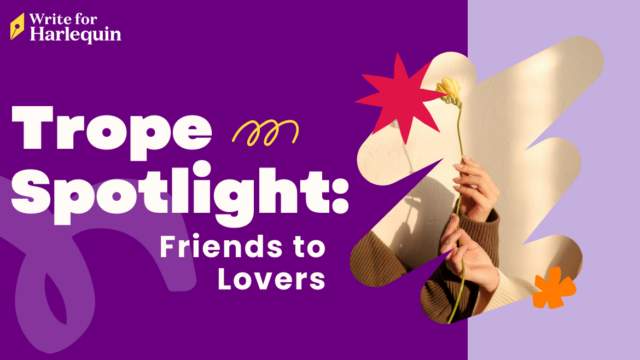Here’s the next First Page Feedback! The Paper Girl Next Door is by Elizabeth Cardoza, and aimed at Special Edition.
Finn Patterson balanced a crate of leftover wine under his arm while he locked the door to his now-empty wine shop one last time. It occurred to him he should feel more emotion about this. Locking the door meant he would never have to come back here to his hometown, but the closest thing to a feeling he could muster was relief.
He only opened up shop six months ago, but already he had regular customers, none of whom were happy to see him close. But times were tough, and even the shops and boutiques on Charles St., right in the heart of the wealthy Beacon Hill and Antique District areas of Boston, weren’t immune. His regulars expressed sympathy when his going-out-of-business signs went up, but none seemed especially surprised.
“We’re going to miss you around here, kid,” one customer said when Finn rang up a few bottles of clearance Riesling for him the day before. “My wife and I looked forward to your wine tastings every single week.”
Finn nodded his head and grunted in agreement. “Everything for a reason,” he said, and slid the wine in a brown paper bag before handing it to him. A canned response his mother used to feed him for the sole purpose of offering comfort, met with varied success. It worked when he had to go to his grandmother’s house instead of a friend’s birthday party at a new pizza place, and later everyone who went to the party got food poisoning. It worked less when the girl he had a crush on in the sixth grade liked another boy. As he grew older, it was harder for him to believe more often than not. And after the accident, he stopped believing it all together.
His real reason for closing had nothing to do with money, but he let everyone think that rather than tell them the truth. After everything, closing up shop was the bright spot of the last few months. It meant he could move on. For years, he avoided coming home. He hadn’t been back since he left for college, right after the accident, and he only came back a few months ago because his mother got sick. He could hardly remember anything good happening here. Now, there was nothing – and nobody – to call him back. Two more weeks, some loose ends to tie up, and he was out of here for good.
With the door locked and one last look up and down Charles St., Finn would have been ready to walk the two blocks to the subway, if the window display at Duff Paper Co. hadn’t caught his eye. Or, more specifically, the woman on a stepladder in the window display at Duff Paper Co., reaching towards the ceiling to straighten a floor-length paper spiral, the small of her back exposed where her blouse rode up. Her long red curls brushed the top of her jeans, accentuating her curves. And this woman was all curves.
Feedback from Carly Silver!
The first page of THE PAPER GIRL NEXT DOOR has a few intriguing hooks and a clear, fluid writing style, but they appear a bit far down the page. It opens on the hero closing his store, supposedly due to the recession, but we only later find out it’s due to family reasons. I suggest the author move that up so that the reader can get an immediate sense of the hero’s true concerns, which appeal to Special Edition readers. As it stands, it took me a bit too long to figure out why this story could be a Special Edition; a hero closing a wine shop in Boston could be work in any line. Only when we hear about the hero’s family issues does this manuscript hint at being a Special Edition.
Only having one page to read is very challenging and some snap judgement have to be made. That’s why it’s so important as to how to hook readers from the start! Hope this helps, Elizabeth!




